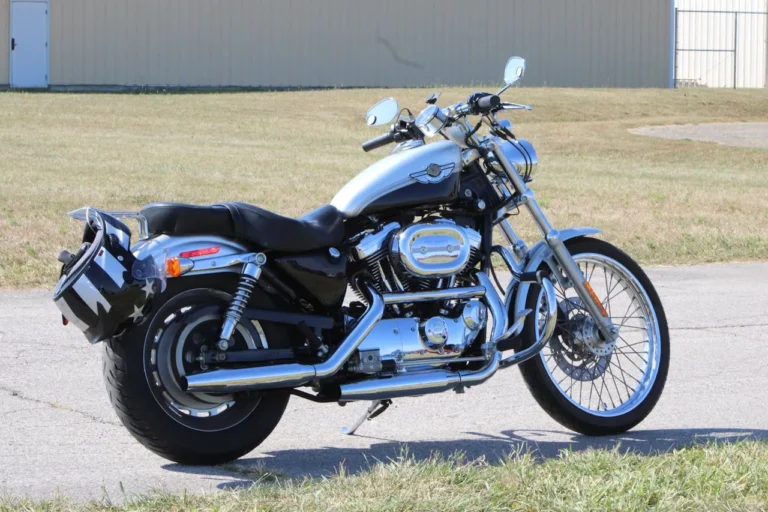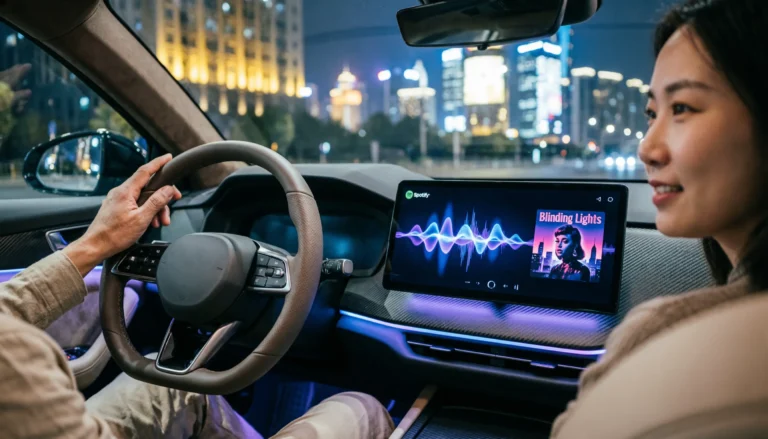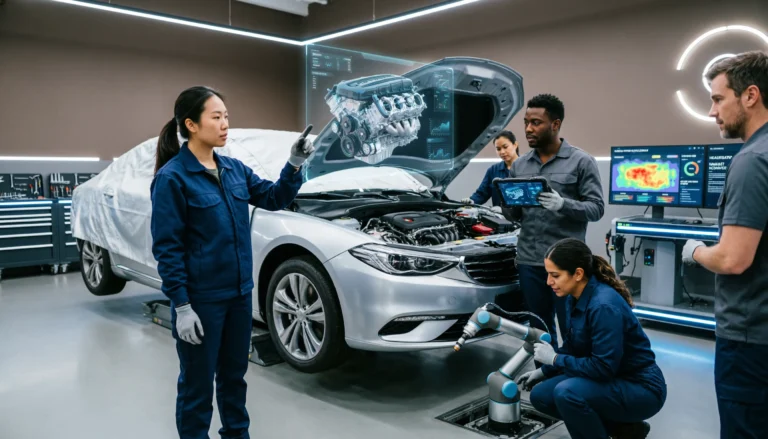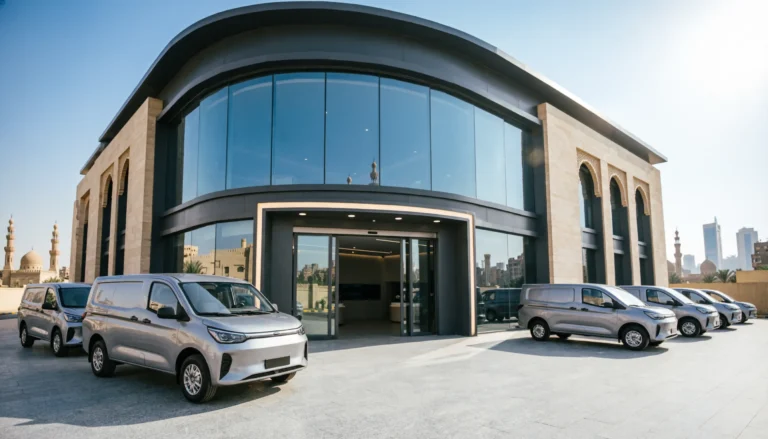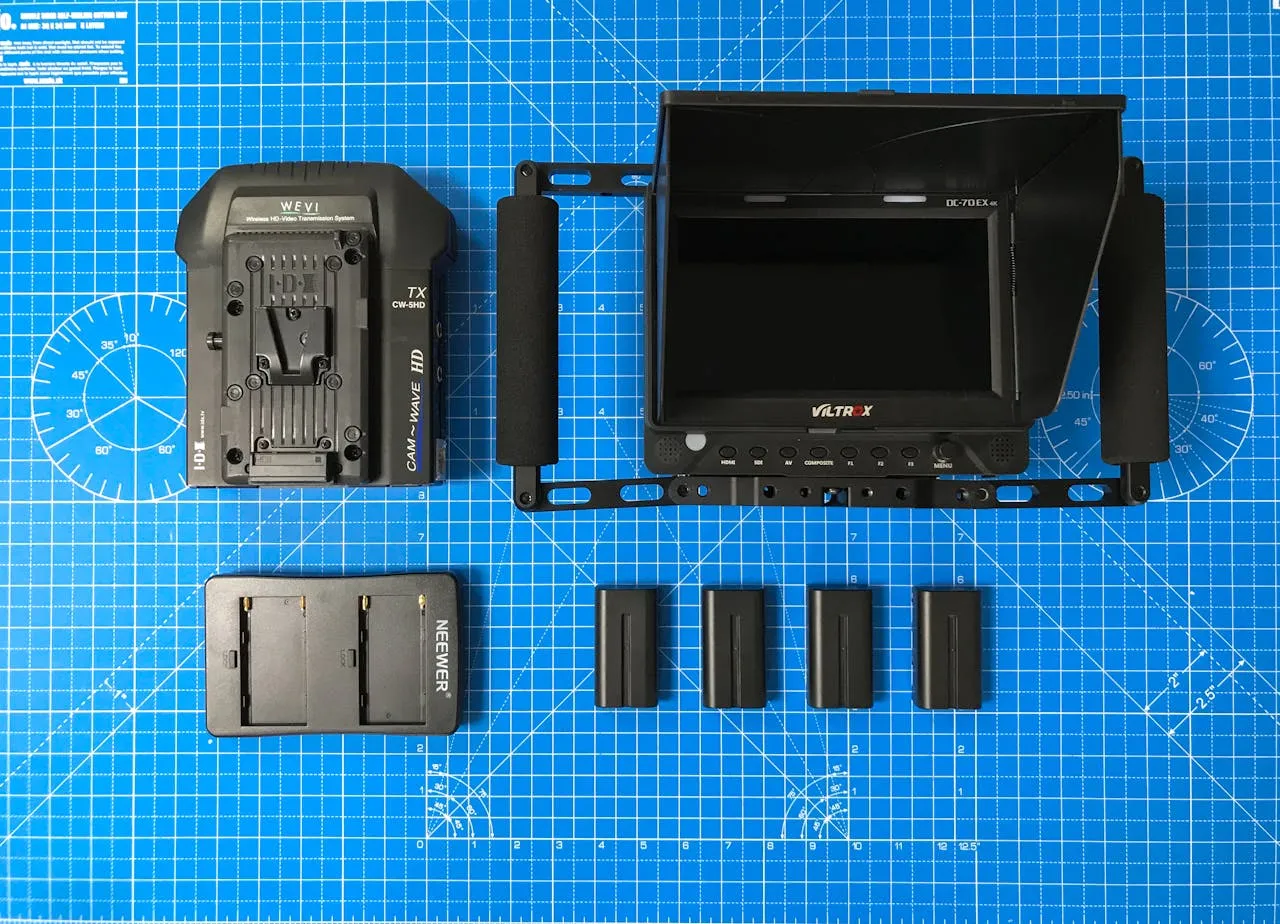
Piersica, Inc. announced it has been awarded a $1 million Phase II grant from the National Science Foundation (NSF) through its Small Business Innovation Research/Small Business Technology Transfer (SBIR/STTR) Programs. This funding will support the development of a new class of highly conductive solid polymer separator membranes compatible with high-voltage cathodes, designed to enhance next-generation solid-state batteries.
The company aims to improve battery capacity for products like mobile phones, laptops, electric vehicles (EVs), and robots. Piersica’s advanced battery technology could also power new applications such as electric aircraft and long-range delivery drones due to its high energy density.
Founded by battery expert Dr. Claudiu Bucur, Piersica is at the forefront of battery innovation with its proprietary materials, including:
- A lithium-conductive polymer,
- A highly conductive solid polymer electrolyte,
- A 3D lithium-metal anode, and
- A cobalt-free, high-voltage cathode.
These advancements aim to deliver a battery with an energy density of 630 Wh/kg—2.5 times higher than current lithium-ion batteries.
“We are honored to receive NSF’s Phase II grant,” said CEO Claudiu Bucur. “This funding allows us to further validate our technology and move towards a multi-layer prototype of our solid-state battery, targeting a 2025 demonstration for potential customers.”
Piersica previously secured five SBIR/STTR awards since 2022, totaling $1.9 million in non-dilutive capital. In April 2024, the company also received a grant from Shell’s GameChanger program.
About NSF’s Small Business Programs
NSF’s America’s Seed Fund provides $200 million annually to startups, supporting research and development to transform scientific discovery into commercial products with societal impact. Startups can receive up to $2 million to de-risk their technology for market success.


